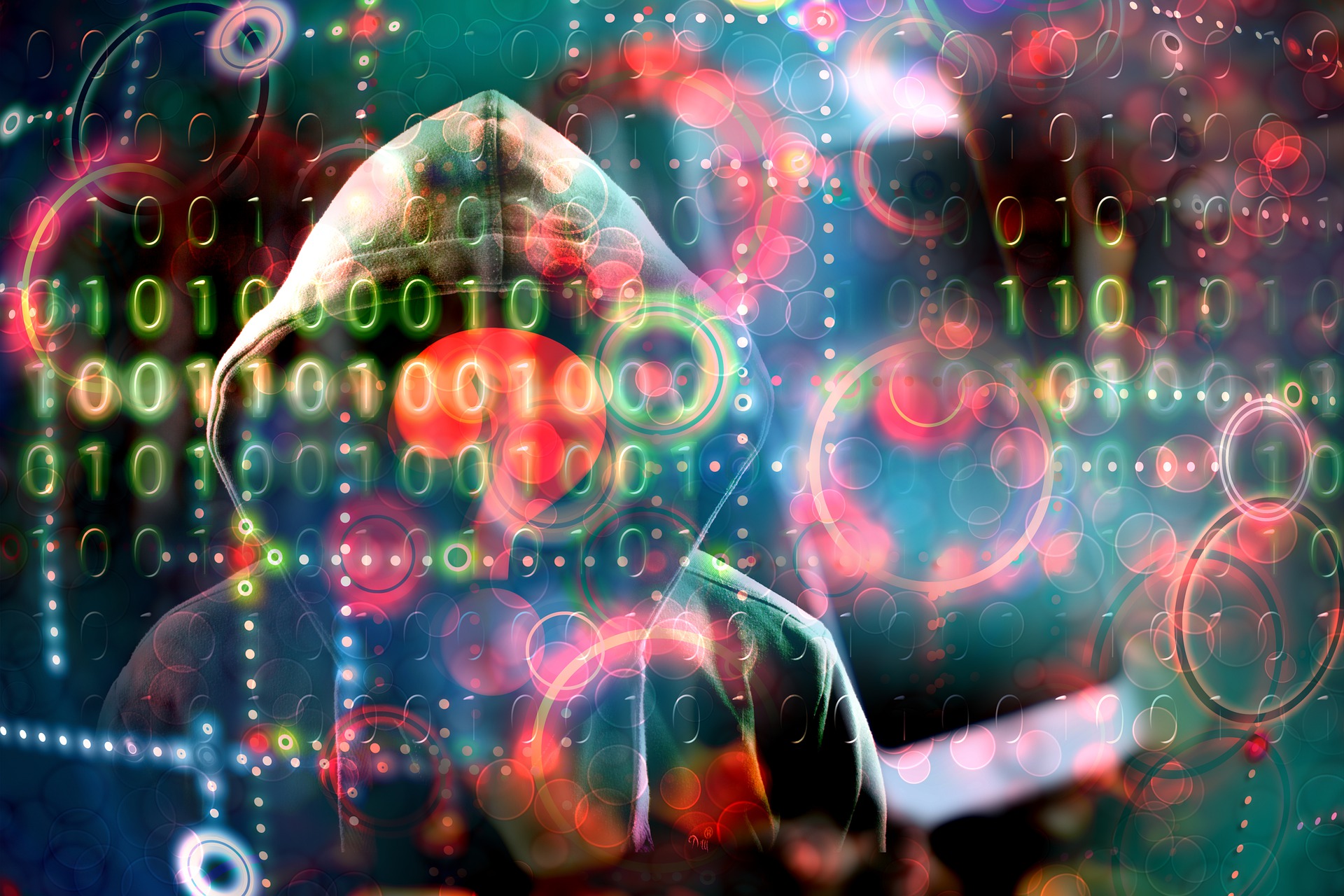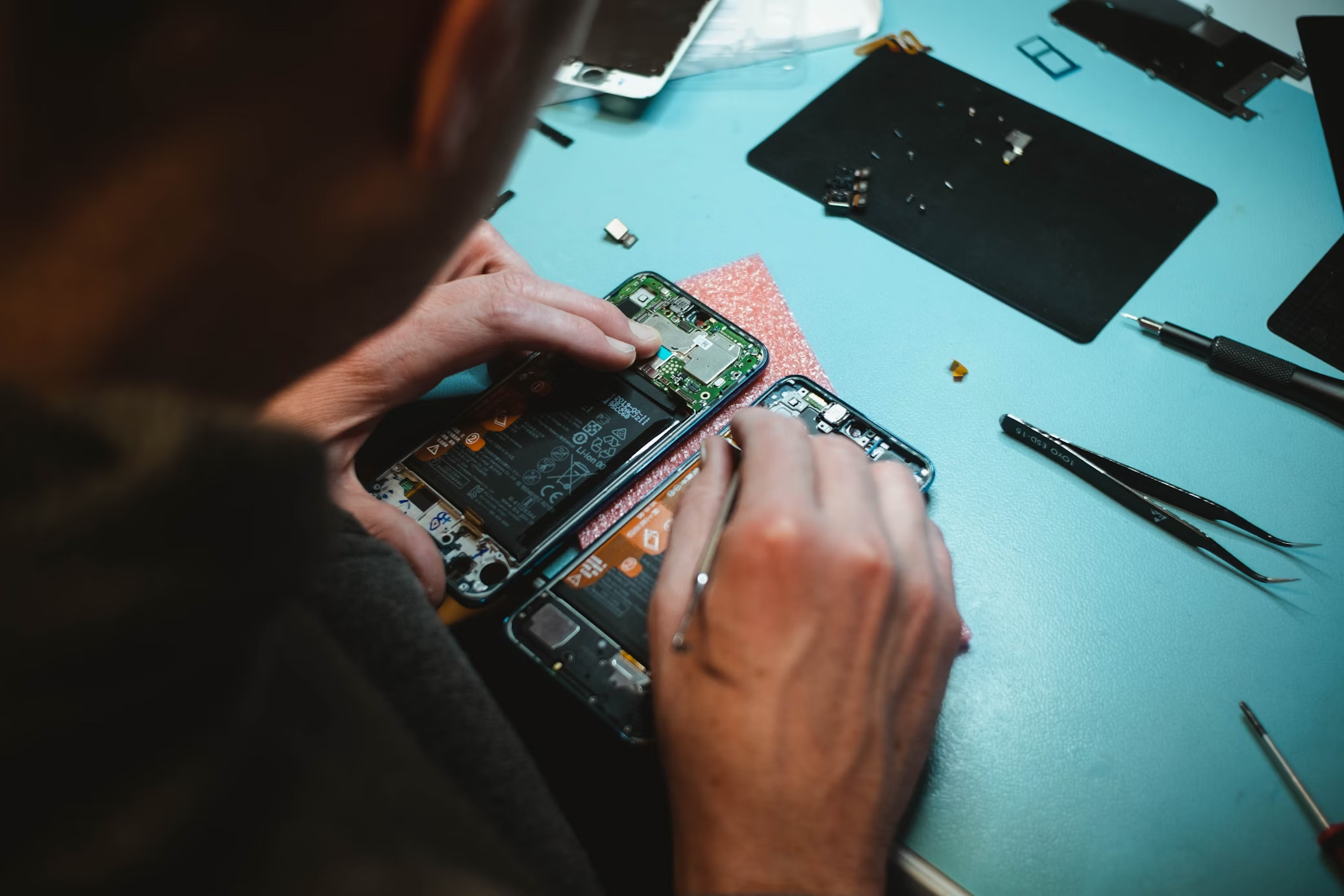The extreme-right lone actor and mental illness: a case of treatable danger?
In his master thesis, under the supervision of Prof David Roef, Bart van de Steeg explores the role of psychopathology and the legal assessment of ‘the degree of insanity’ in determining the criminal liability and sanctioning of violent right-wing lone actors. His research was awarded the student prize by the Faculty of Law.
The Dutch security and intelligence services report that extreme-right violence by lone actors and radicalized, troubled young men involved in international online networks forms a conceivable threat. Additionally, research suggests there is a higher rate of psychopathology among these perpetrators compared to the general population.
To find answers to his research question, Bart studied relevant criminological, forensic and criminal law literature and analysed nineteen Dutch criminal cases of (potential) violent extreme-right lone actors. The UM master’s programme of Forensics, Criminology and Law directly inspired him to use this multidisciplinary approach.
Research shows that it is quite a challenge to accurately define the extreme-right lone actor and what motivates his criminal behaviour. Present scientific insights suggest a chain of context-dependent events that eventually culminate in violence. The cases Bart analysed confirm that lone actors, whether diagnosed with a mental disorder or not, often struggle with complex interrelated problems in various areas of their lives, making it difficult to determine which factor ultimately caused their radicalised violent behaviour.
With respect to Dutch law, it is argued that there is room for improvement to ensure an adequate judgment on the criminal liability of lone actors. In most cases, the sentencing mechanism seems most effective when the punishment of radicalised violent crimes is combined with treatment of the related mental disorders. This could involve parole or a probationary period with behaviour-influencing measures such as an (online) contact ban or compulsory participation in treatment and de-radicalisation programmes. Experts recommend improving interdisciplinary cooperation between the justice system and mental health professionals.
| Return to lawreview2021 |

Bart van de Steeg studied the UM master’s programme of Forensics, Criminology and Law at the Faculty of Law.
David Roef is Extraordinary Professor Criminal Law and Neuroscience at the Faculty of Law.
Also read
-
Businesses are trying to become more sustainable in a world with sustainability challenges like climate change, biodiversity decline and pollution. Project Circular X at the Maastricht Sustainability Institute helps companies that want to experiment with circular and sustainable business models. The...
-
In his master’s thesis, “Empowering Smallholder Farmers in Data-driven Agriculture through Blockchain Technology,” Daniel Acosta Stasiukynas, MSc Sustainability Science, Policy & Society graduate, explored blockchain technology and its potential to benefit smallholder farmers. In this blog, he...


